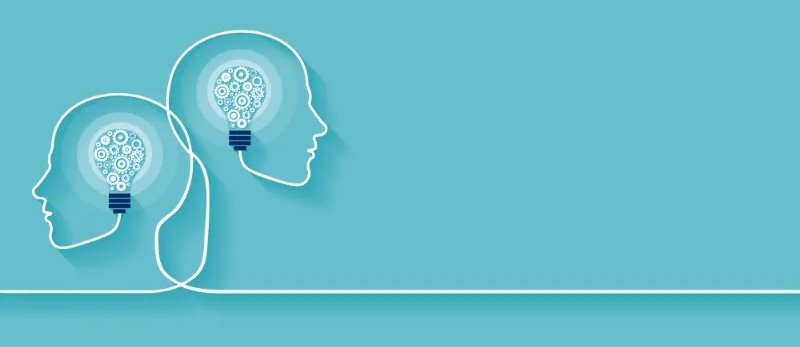In the practice of behavioural science, our goal is to identify the underlying reasons behind certain behaviours. We delve into the areas where economists may have missed the mark, recognising that in the realm of business success, it's not solely about being correct in every aspect. Rather, the key lies in discovering what your competitors have overlooked. I think it holds greater value to identify a commonly held assumption and challenge it, rather than aiming for universal correctness.
It's more than that
Image c/o University of York
We tend to think about finance as a math-based field with numbers, data, charts, and formulas. It’s much more than that – people make decisions about their money based on their outlook on the economy. And these decisions are all based around their own personality and psychology; therefore, there is so much more to finance and economics than finance and economics. If we think through the lens of history, psychology (e.g., greed and fear), sociology (e.g., keeping up with your neighbours), and politics (e.g., Why are certain regulations put in place?). All these fields of study are based around how people think and behave, and behaviour is such a big incumbent field. I think there is a lot we could learn from economics and finance if we looked through the lens of those other subjects.
I trust science
In general, scientists are motivated in their work by curiosity about the world and how it works. Behavioural science is the branch of science that deals primarily with human interaction and has a fundamental connection to sales, as salespersons ask a lot of questions, experiment and interact with buyers.
Contact me via e-mail for a peer review of your sales process. I think that sales professionals who understand the core concepts of behavioural science are better able to engage their customers because they have:
Increased self-awareness
Improved emotional intelligence
Improved agility
Reduced social anxiety
Reduced fear in managing difficult conversations
Improved ability to assess challenges and opportunities objectively
We have the power to do it
I think that all marketing creates change, therefore, if you are not creating change then, you are not marketing. What change are you seeking to make and who are you trying to change?
Are you trying to change lonely people into connected people?
Are you trying to change powerful people into kinder people?
Are you trying to change people with one status into people with another status?
Be specific about the who are the people you are trying to reach and change otherwise you have no chance of succeeding. The challenge is to find the smallest viable audience of people who can support you, only serve them and only attempt to change them - “If you are like this and you want to get to to that, then I can help you get there.”





